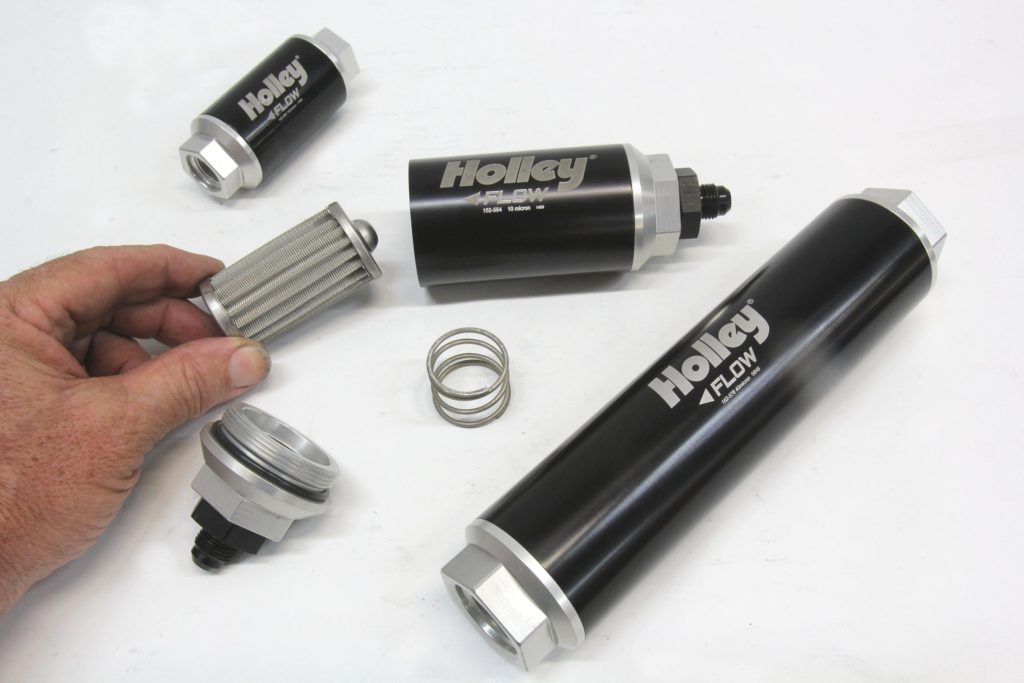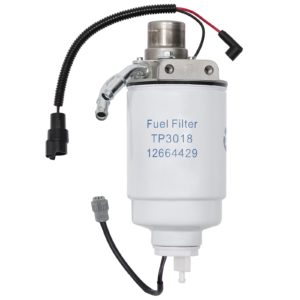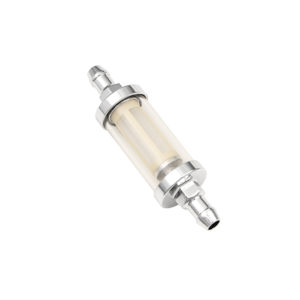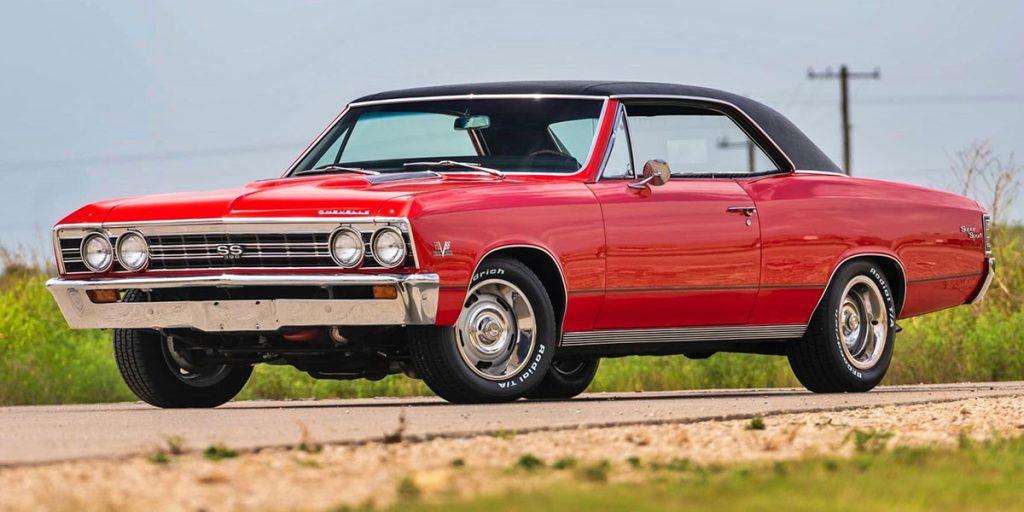
Sizzling Summer Sale – Save Now $25 Off Over $299
Get $25 Off* when you apply the Code: SS299 during checkout on orders over $299. Max Discount $25. Valid until 06/21/25 (9pm ET). Don’t miss out on this opportunity to save on the essential parts that keep your restoration moving forward.







